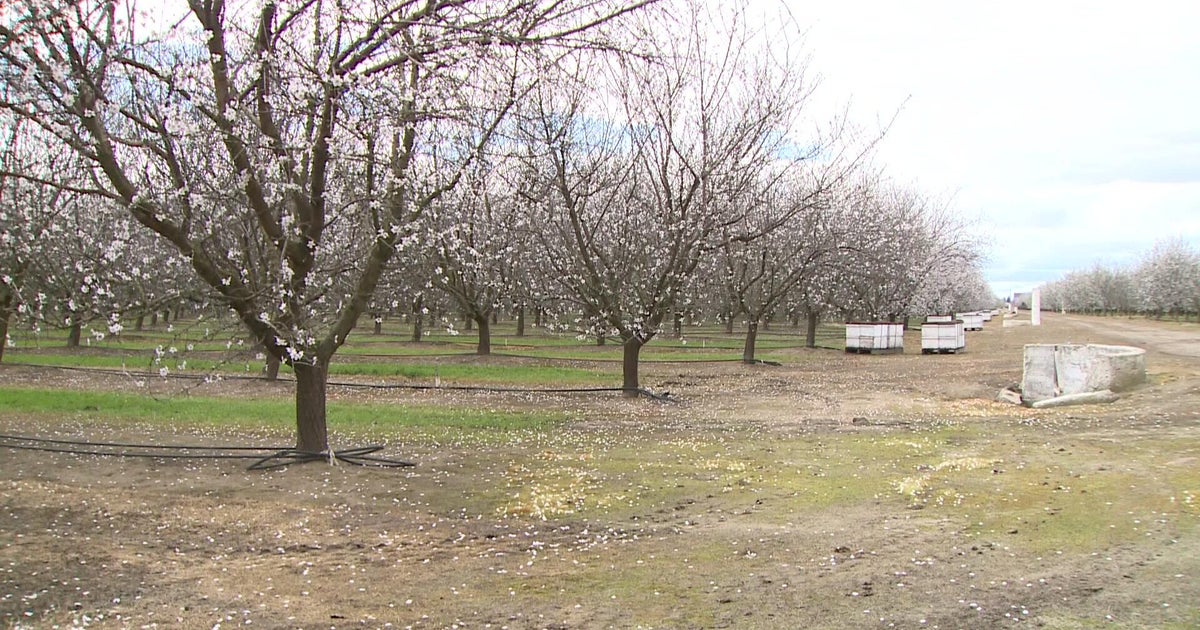Organization trying to tackle large deer population threatening Pittsburgh's parks
PITTSBURGH (KDKA) -- Pittsburgh's major parks are the city's five jewels, thousands of acres of forests, providing unique access to nature in an urban environment.
But friends of the parks say they're threatened due to an explosion of deer. The animals have eaten through the greenery and now roam city streets in search of food.
A new organization called "Protect our Parks and Gardens" is trying to tackle the problem.
They're beautiful animals and seeing them throughout the city's five major parks would seem to be a sign of the urban vitality, but a group of concerned citizens say the opposite is true: the deer are actually destroying the habitat they've made their own.
"They are eating all the young trees, they're eating the native plants, destroying the nesting of birds and other small mammals," said Mardi Isler of Squirrel Hill.
Over the past two decades, the unchecked deer population in the city's major parks has exploded with estimates now running in the thousands -- herds of deer eating through the urban forest, resulting in erosion and landslides.
"Deer come in, they take out what they like to eat. They're eating all the time. That opens the understory up for invasive species," said Walter Carson with the University of Pittsburgh.
Naturalists say their voracious browsing has stopped the trees from regenerating and once these fall, none will replace them. More and more, only blankets of invasive plants -- which the deer don't like -- remain. And so the deer have spread out through city neighborhoods, looking for food, feasting on gardens, spreading Lyme disease and presenting a greater and greater hazard to motorists.
"In the last three years, there have been more than 500 deer -- dead deer -- picked up on our city roads," Isler said.
But sharing the same concerns for years, friends of each of the city's five major parks -- Schenley, Frick, Highland Park, Riverview and Emerald View Park -- have gotten together and formed a citywide advocacy group.
While not yet calling for the culling of the deer, the group is collecting data and photographs to begin a public dialogue about what can be done to protect the parks and neighborhoods from their overpopulation.
"It's one thing to say overpopulation but to really understand what that does to an area, a city, a park system," Isler said. "We believe it needs to be explained in detail."
Ultimately, it will be a volatile issue -- deer management would likely bring strong opposition from animal rights groups and others, even though it's being practiced in the county park system. But professor Carson says there's no way around it if Pittsburgh wants to save its parks.
"You're going to kill an awful lot of deer," Carson said.
"You have a real deer problem. It's destroying your forests. If you want to have a healthy forest you have to bring deer numbers down for a long time," Carson added.
The group to save the parks has not yet endorsed that but wants to begin a public process to determine just what to do about the deer.







